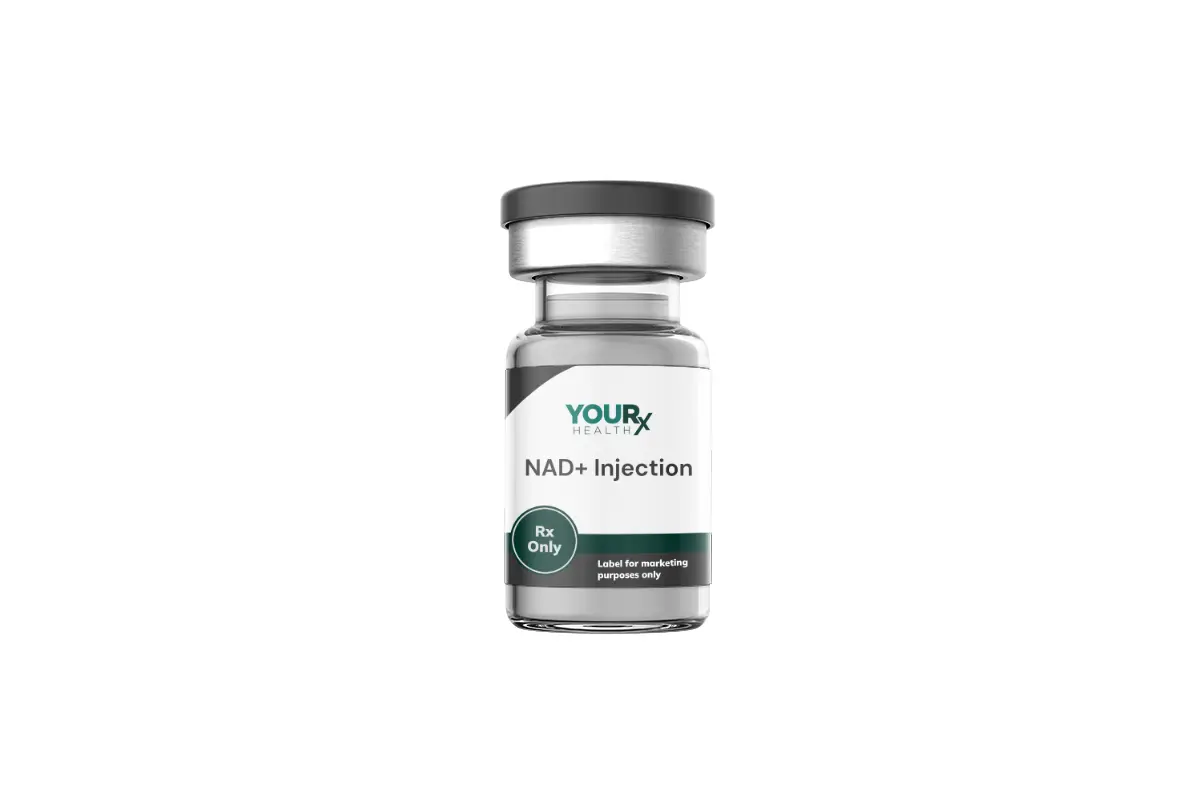Introduction
Vitamins are essential nutrients that play a crucial role in maintaining our overall health and well-being. A deficiency in any vitamin can lead to various health issues, ranging from fatigue and weakened immune systems to more serious conditions like anemia and osteoporosis. In this blog post, we will explore how you can identify vitamin deficiencies and understand what your body may be lacking.
Do you often feel tired, sluggish, or just not quite yourself? It could be a sign that your body is lacking essential vitamins. Identifying which vitamins you may be deficient in can help you take the necessary steps to improve your health and well-being. Here are some common signs of vitamin deficiencies and how you can recognize them:
- Vitamin D: Known as the sunshine vitamin, Vitamin D plays a crucial role in bone health, immune function, and mood regulation. A deficiency in Vitamin D can lead to fatigue, muscle weakness, bone pain, and an increased risk of fractures. To determine if you are deficient in Vitamin D, your healthcare provider can perform a simple blood test to measure your levels.
- Vitamin B12: Vitamin B12 is essential for nerve function, red blood cell production, and DNA synthesis. A deficiency in Vitamin B12 can cause fatigue, weakness, numbness or tingling in the hands and feet, and cognitive difficulties. If you suspect a Vitamin B12 deficiency, your healthcare provider can conduct a blood test to check your levels.
- Vitamin C: Vitamin C is an antioxidant that supports immune function, collagen production, and wound healing. A deficiency in Vitamin C can lead to easy bruising, slow wound healing, and frequent infections. Increasing your intake of Vitamin C-rich foods like citrus fruits, berries, and bell peppers can help prevent deficiency.
- Iron: Iron is essential for the production of hemoglobin, which carries oxygen in the blood. An iron deficiency can cause fatigue, weakness, pale skin, and shortness of breath. Your healthcare provider can perform a blood test to check your iron levels and recommend iron supplements or dietary changes if necessary.
- Vitamin A: Vitamin A is important for vision, immune function, and skin health. A deficiency in Vitamin A can cause night blindness, dry skin, and an increased susceptibility to infections. Including foods rich in Vitamin A such as carrots, sweet potatoes, and spinach in your diet can help prevent deficiency.
Conclusion
Understanding the signs of vitamin deficiencies and knowing how to identify them is important for maintaining your overall health and well-being. If you suspect that you may be deficient in certain vitamins, it is essential to consult with your healthcare provider for proper diagnosis and treatment. By addressing any deficiencies and making necessary dietary or lifestyle changes, you can ensure that your body gets the nutrients it needs to function optimally.




